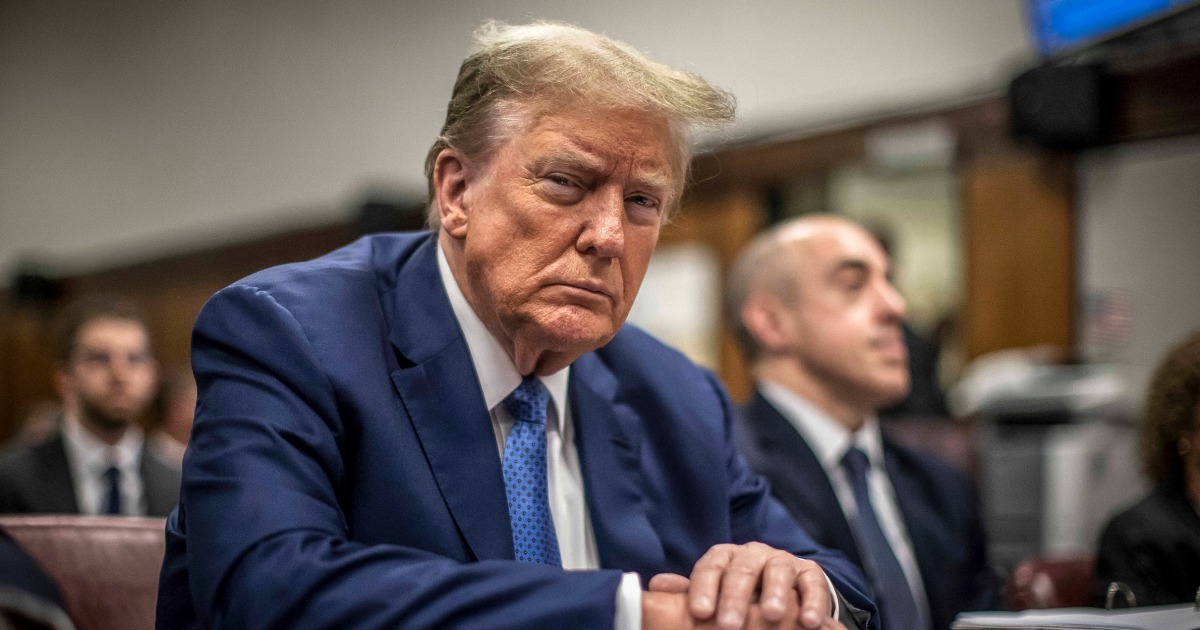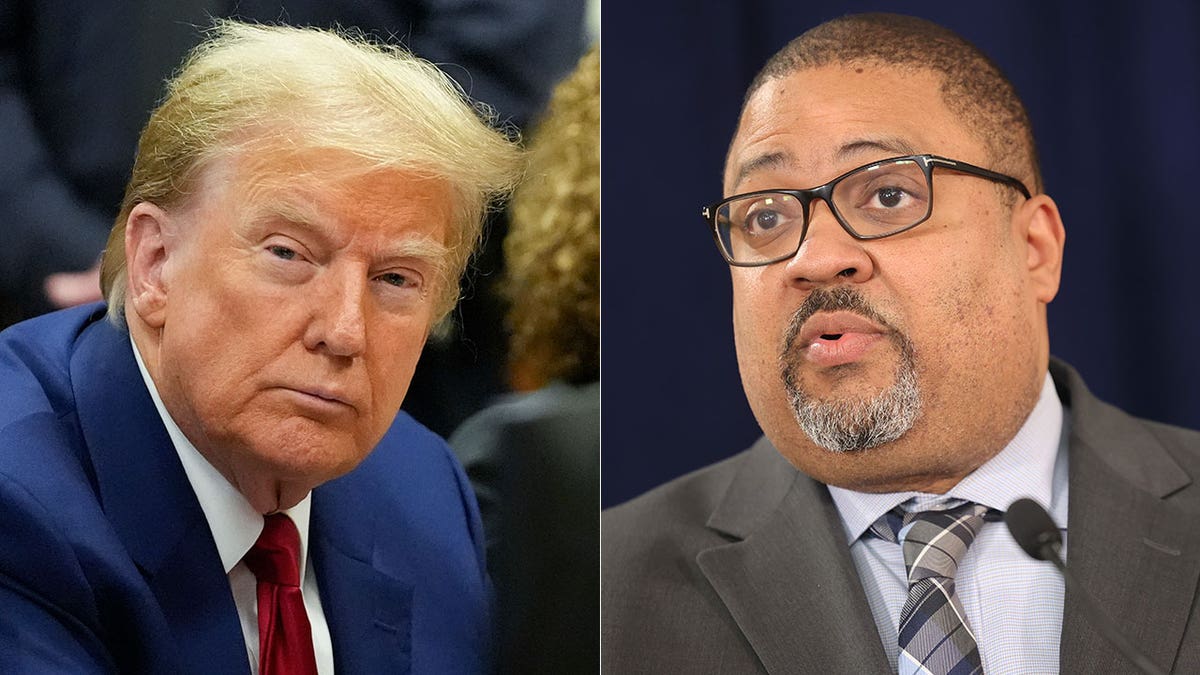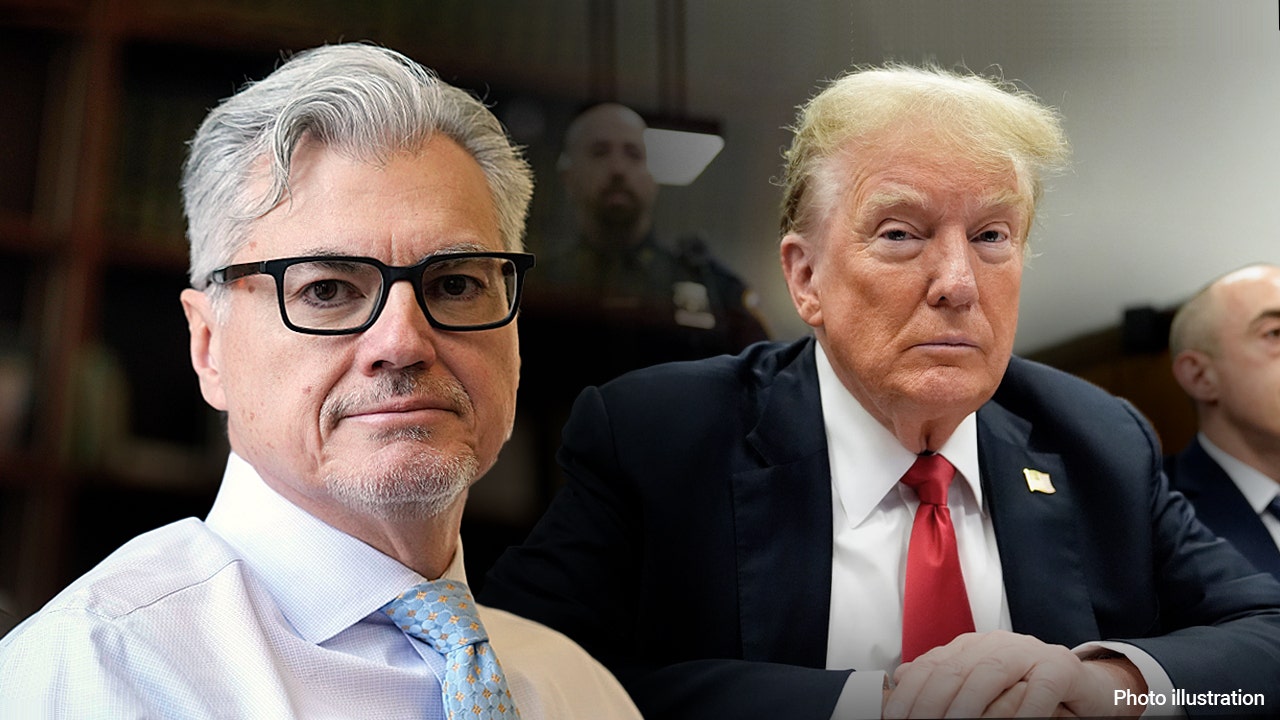
In recent developments, former President Donald Trump's sentencing in his New York hush money case has been delayed until September following the Supreme Court's ruling on presidential immunity. The delay comes after Trump requested a postponement and Manhattan District Attorney Alvin Bragg did not oppose the request.
Trump was convicted on 34 counts of falsifying business records in May, but his legal team is arguing that evidence related to his official acts while in office should not have been admitted at trial. The Supreme Court's ruling on presidential immunity could potentially impact this argument and the outcome of the case.
The delay in sentencing means that Trump will not face any concrete punishment for his felony conviction during the summer, at a time when his election bid has been boosted by President Joe Biden's debate performance. The ruling also raises questions about how it could impact other ongoing investigations and indictments against Trump, including those related to classified documents and election interference.
The Supreme Court held that former presidents are absolutely immune from prosecution for actions that fall within the scope of their core constitutional powers. However, it is unclear which acts fall outside of these powers. Judge Juan Merchan will interpret the evidence and determine which aspects of the prosecution fall under official or unofficial activity.
Trump's attempts to delay and dodge prosecution have been ongoing since the charges were brought against him. He has cast his legal troubles as unfair, overzealous, and politically motivated. The Supreme Court's ruling on presidential immunity provides Trump with a powerful tool to argue for dismissal of the case or a delay in sentencing.
The hush money case stems from payments made to adult film star Stormy Daniels ahead of the 2016 presidential election. Prosecutors argued that Trump doctored his internal business records while serving in the White House to disguise these payments as legal expenses. The trial and conviction marked a historic moment, making Trump the first former president to be charged with a felony.




